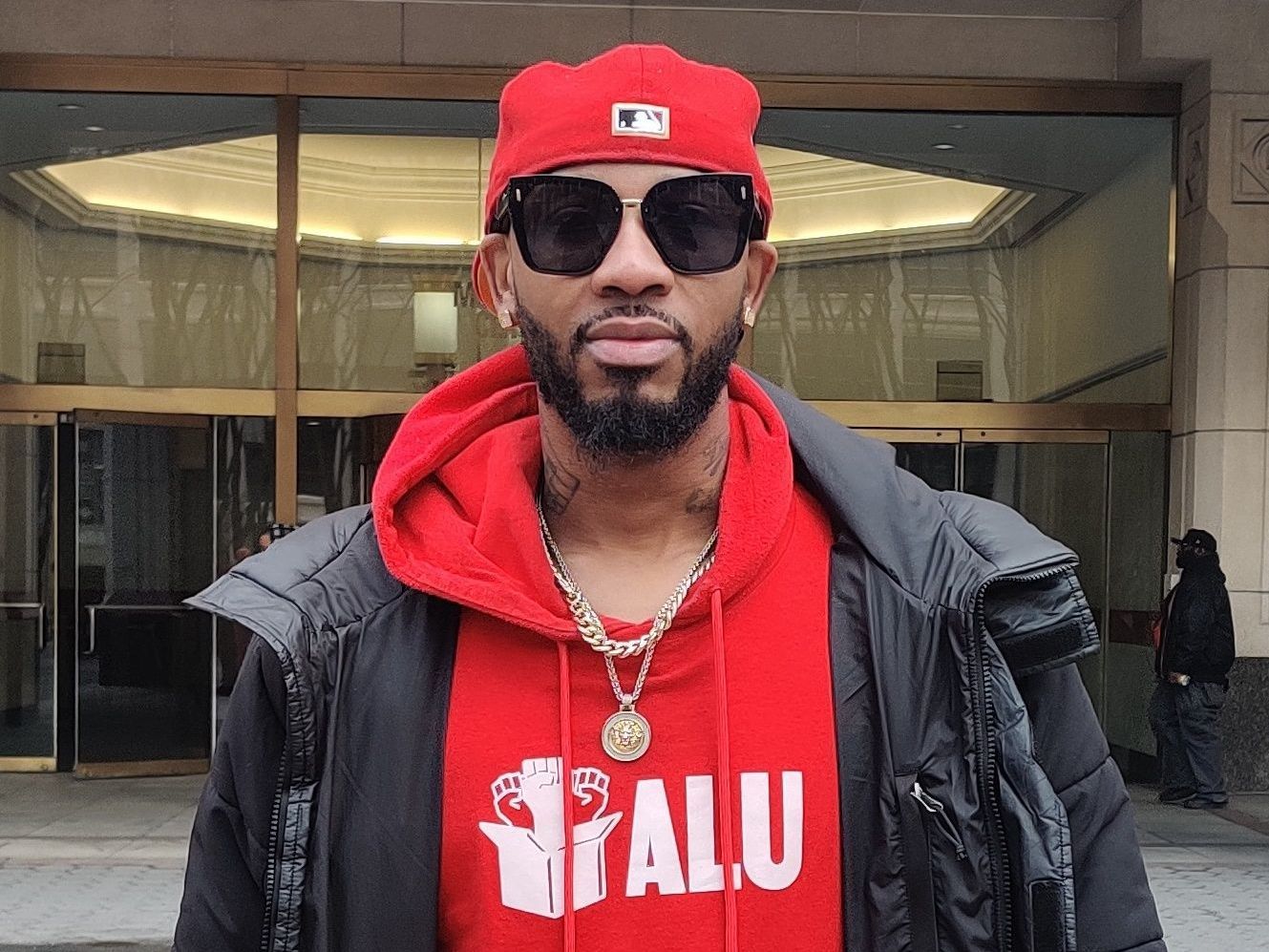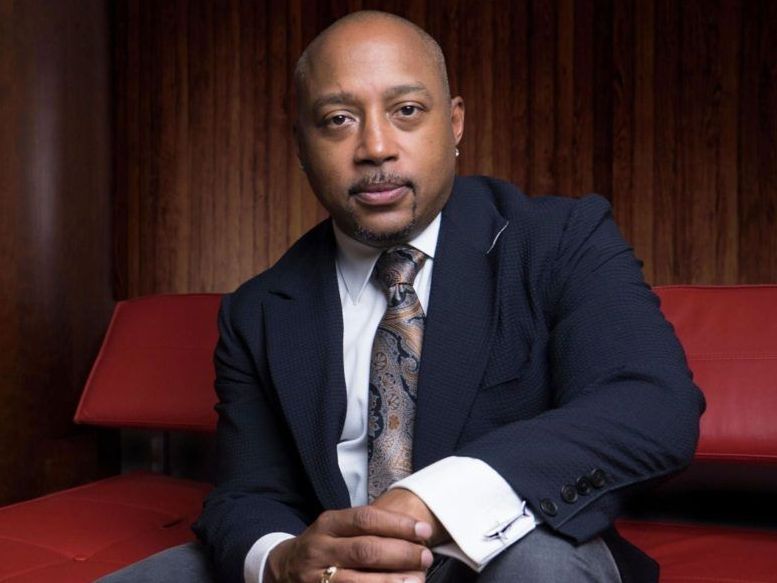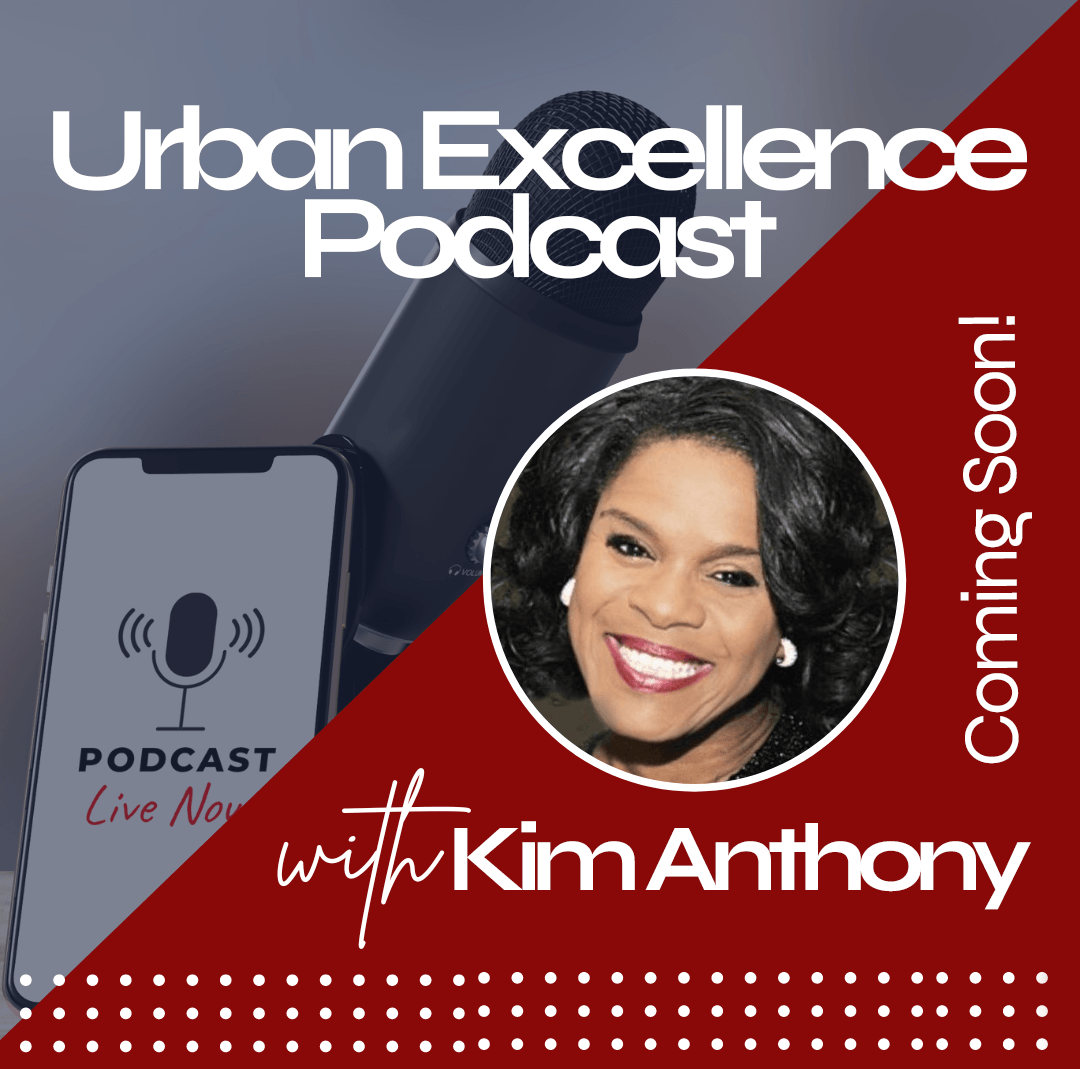Calendly Founder Tope Awotona Prepares for Growth, Ongoing Hiring
More than 20 million Americans have filed for unemployment benefits since mid-March when social distancing ordinances and subsequent city shutdowns went into effect in an attempt to quell coronavirus outbreaks. Layoffs across service-based industries as restaurants, coffee shops, theatres, nail salons, barbershops, and other social gathering spaces shuttered, were expected tragedies as the country scrambled to reckon with an economic downturn spurred by an unanticipated public health crisis. Despite its high growth, unstoppable status, the technology industry has not been spared from recent events.
Key Takeaways
- Tech industry layoffs keep pace with layoffs across the country for 20 million+ Americans.
- Calendly says growth in user-base climbs.
- Founder, Tope Awotona says the company will continue planned hiring efforts in Q2.
Last week, OpenDoor announced that it would lay off 600 or more employees. Yelp recently cut a reported 1,000 employees from its staff and furloughed 1,000 more. Electric city scooter company Bird was forced to let go of over 400 employees. In an effort to soften the blow, some executives are forgoing their own salaries to keep as many team members in their jobs as possible. As the economic landscape freefalls amid the ongoing uncertainty, companies who have long facilitated work from home resources and support services appear to be maintaining a semblance of sustainability and growth.
Calendly, an online scheduling tool that makes it easier for people to schedule meetings without back and forth email, is seeing a growth in its business, and from what the company says, will continue its plan of hiring over the second quarter.
Incidentally, we believe there will be a lasting impact of this “new normal” as services-based businesses learn new and unique ways that they can stay connected to their customers, explained Calendly founder Tope Awotona in an interview conducted by email. In addition to seeing increased growth over the last month among a variety of clients, Calendly has introduced community-based support by offering free Pro and Premium features to users on their Basic Calendly accounts – and free Pro accounts to those who are directly involved in CoV mitigation and research.
Awotona launched Calendly in 2013 and raised a seed round of funding from Atlanta Ventures. The company currently has over 100 employees and contractors and like many companies, recently transitioned their entire team to working remotely.
Without releasing exact numbers or internal data, Tope the company would not release exact numbers, they said that they’ve seen record signups in the last month (March 13 – April 13), continued acceleration in annual recurring revenue, brisk meeting volume, an uptick in the use of their most popular integrations, and twice the search volume as people seek ways to connect and schedule time. Presently, the company is hiring across 14 roles for its Atlanta headquarters, including jobs in engineering, design, procurement, finance, and copywriting.
This article originally appeared in
The Plug.
About Sherrell Dorsey
About is the founder and CEO of The Plug—a distinctive, Black tech news and insights platform covering Black innovators in tech, venture capital, future of work policy, and more. Follow Sherrell on Twitter @Sherrell_Dorsey.







